How can a residency take into account and respect the time of life, the time of the artist, of the artwork and of the institution? How can art residencies as spaces still exist within art residencies as time? Are other times, those lost in memory, still speaking to us?
If the journey as physical movement is replaced, how might that affect the essence of residency, as disruption of one's habitus? Can the monopoly of the presence, so often performed through the art residency, be challenged? Does the virtual—analogic binary still apply? Who holds the digital space, and takes care of it? What is the significance of arrival and departure?
How do we deconstruct the current thinking around residencies and develop a more inclusive understanding of the residency format? How do art residencies consider the specificities of remote and non-urban territories? How do they engage Indigenous knowledges and cultures?
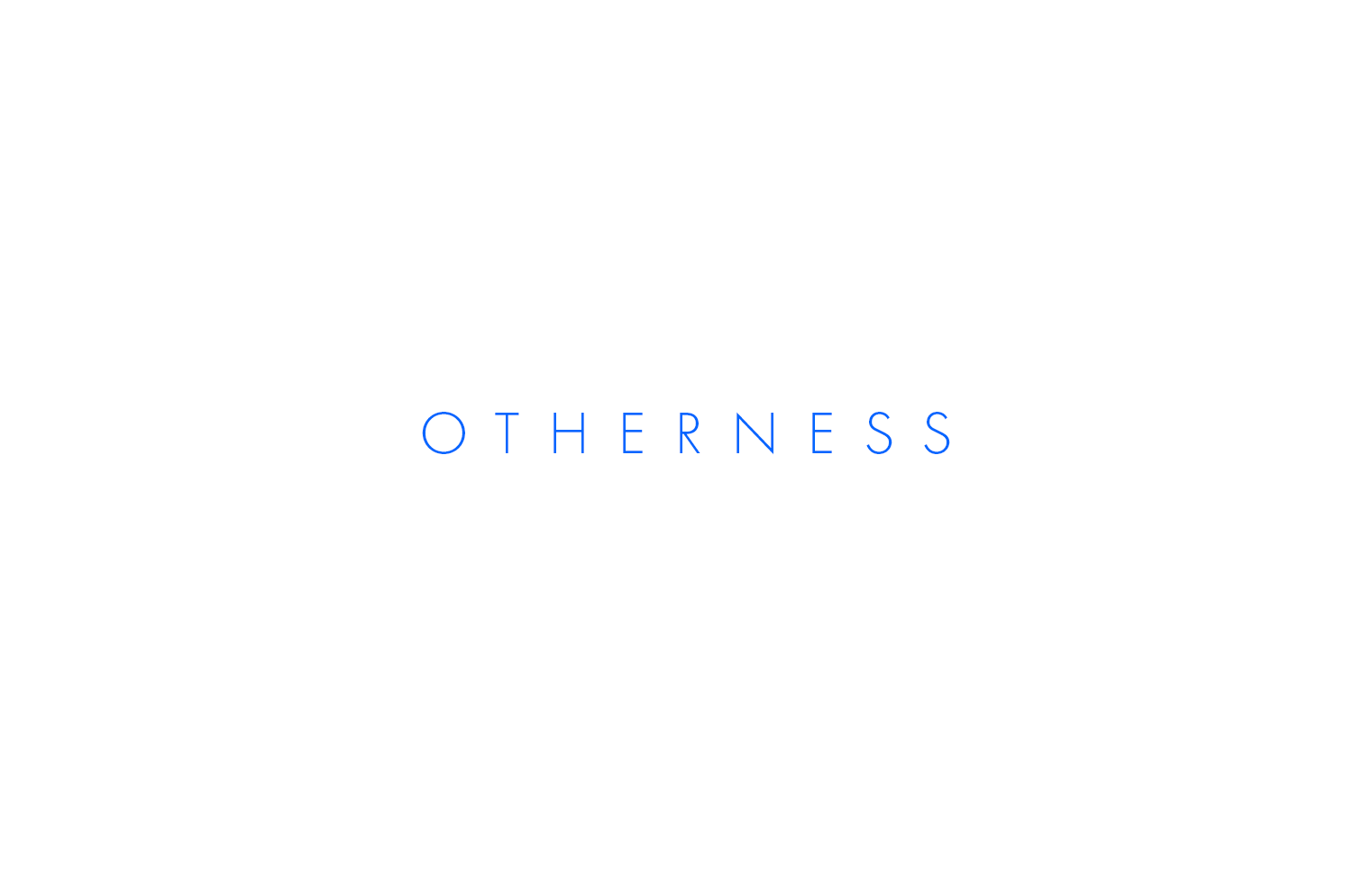
What kinds of experiences do artists need from a residency, and what is their affect? What does radical hospitality and slow immersion look like inside a lived residency, and how can we re-imagine the relevance of place and habitus in this new hybridised art residency model?
What are the implications of Late Pandemic and climate crisis conditions on residencies, and how can we find a path forward that is equitable and ethical? How can we challenge rather than reproduce the existing extractive/fossil economy?
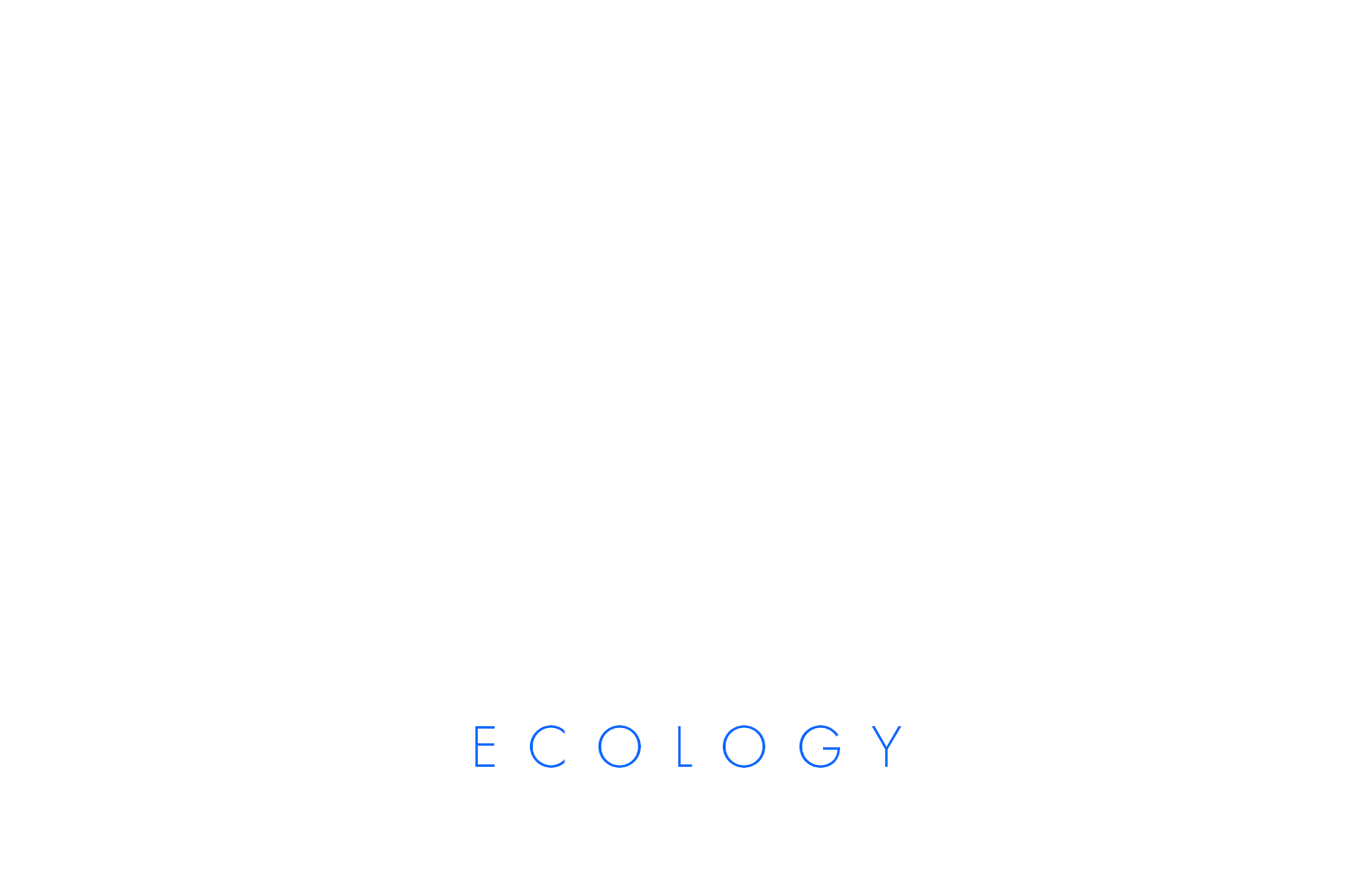
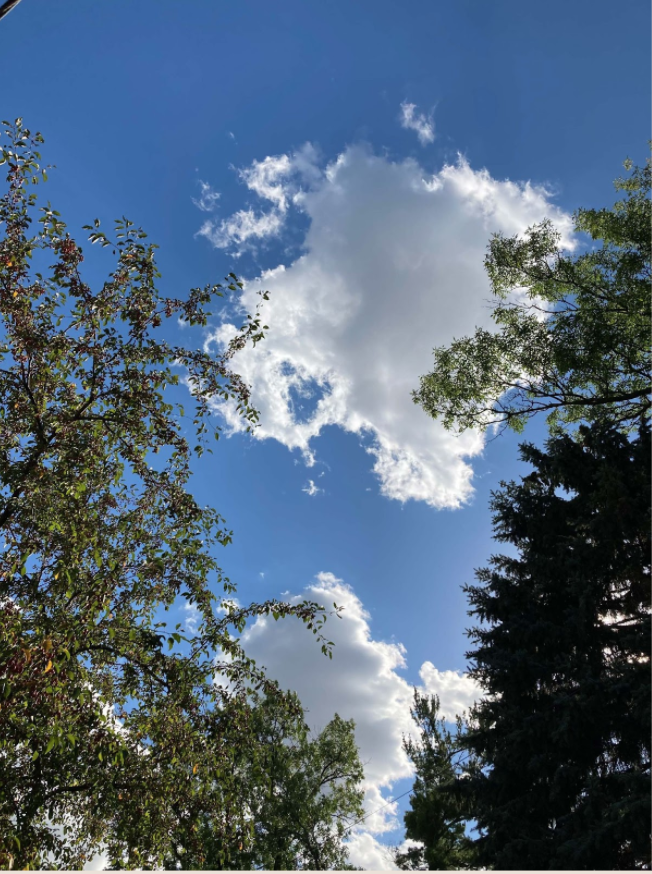
18 June, 2022

